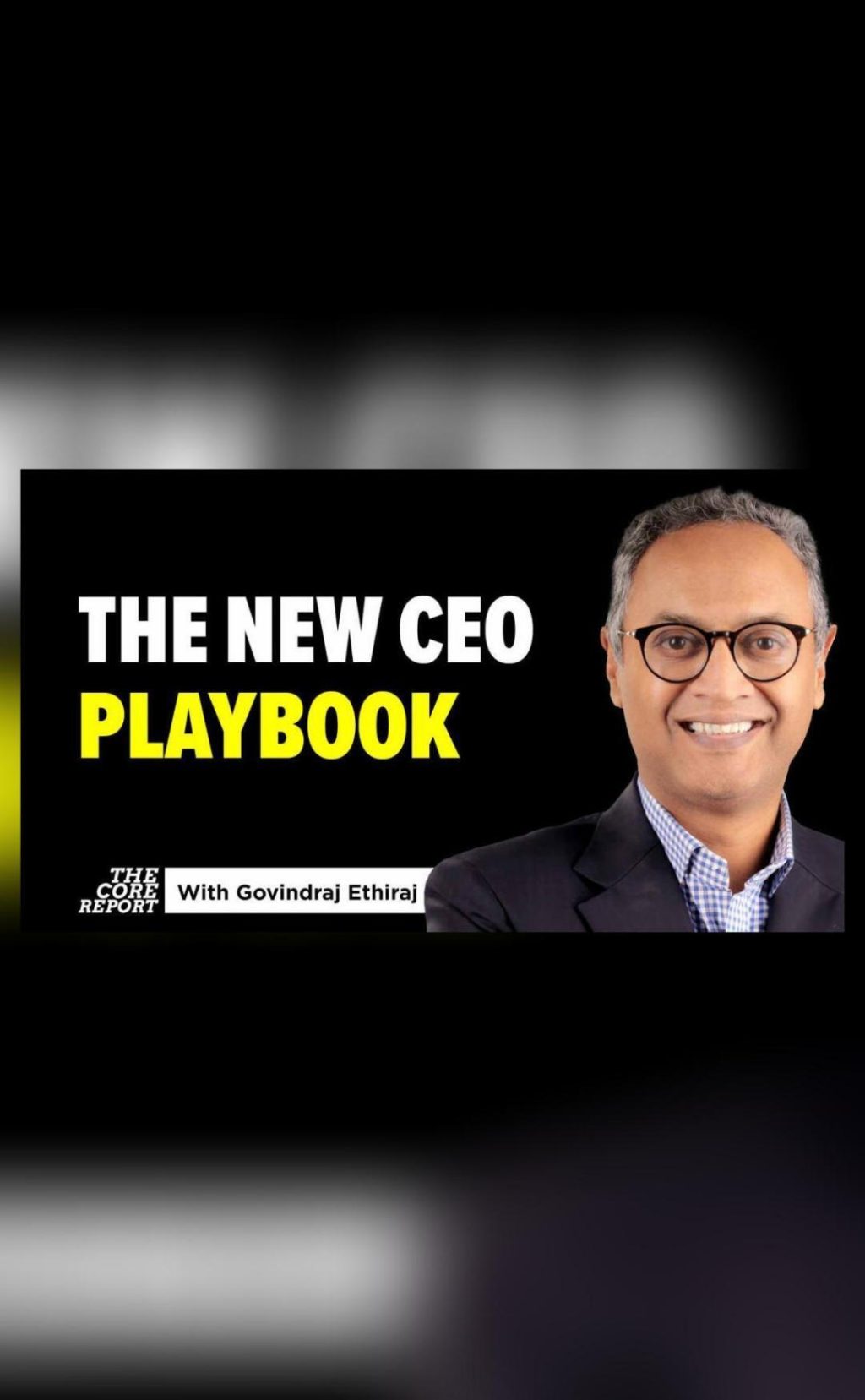
The New CEO Playbook: AI Pressures & Global Tariff Shocks
The business landscape has never been more treacherous. As Artificial Intelligence (AI) reshapes industries and global tariff shocks disrupt trade, CEOs are facing unprecedented challenges. From internal pressures to automate and innovate, to external forces like shifting trade policies, business leaders must rethink strategy and operations. With no guarantee of stability, companies are being pushed to localize, adapt, and reconsider long-held business models.
In this new era of uncertainty, CEOs must develop a playbook to navigate the complexities of AI and trade tensions. This playbook requires a deep understanding of the interplay between technology, market trends, and global politics. In this blog post, we will explore the key challenges facing CEOs and provide guidance on how to develop a winning strategy in this new landscape.
The Impact of AI on Business
AI is transforming industries at an unprecedented pace. From customer service to supply chain management, AI is automating processes, improving efficiency, and generating new revenue streams. However, the adoption of AI also poses significant challenges for CEOs. As companies automate, they must manage the consequences of job displacement, retrain employees, and adapt to new business models.
A recent study by PwC found that 63% of CEOs believe AI will have a significant impact on their industry, but only 22% are adequately prepared to leverage its benefits. This gap between expectation and preparation is a major concern for CEOs, as they must balance the need to innovate with the risk of disruption.
The Global Tariff Shock
In addition to the challenges posed by AI, CEOs must also navigate the complex landscape of global trade policies. The ongoing trade tensions between the US and China, as well as the UK’s departure from the EU, have created a climate of uncertainty and volatility.
Tariffs, both imposed and threatened, are having a significant impact on global trade. Companies are being forced to adapt to new trade agreements, navigate complex customs regulations, and manage the risks associated with supply chain disruptions.
A recent survey by Deloitte found that 71% of CEOs believe trade tensions will have a significant impact on their business, with 45% citing the potential for reduced exports and 39% citing the potential for increased costs.
The New CEO Playbook
Given the complexities of AI and global tariff shocks, CEOs must develop a playbook to navigate this new landscape. Here are some key strategies to consider:
- Embrace Agility: In today’s fast-paced business environment, agility is key. CEOs must be prepared to adapt quickly to changing market conditions, technological advancements, and shifting trade policies.
- Invest in AI: AI is transforming industries, and CEOs must invest in this technology to stay ahead of the competition. However, they must also manage the risks associated with job displacement and retrain employees.
- Diversify Supply Chains: With global tariff shocks disrupting trade, CEOs must diversify their supply chains to reduce dependence on any one region or country.
- Localize Operations: To mitigate the risks associated with trade tensions, CEOs must localize operations, including manufacturing, logistics, and customer service.
- Rethink Business Models: The rise of AI and global tariff shocks is forcing companies to rethink their business models. CEOs must be prepared to adapt to new market conditions and disrupt their own industries.
- Foster Partnerships: In a rapidly changing business environment, partnerships are key. CEOs must foster relationships with suppliers, customers, and competitors to stay ahead of the competition.
- Develop a Resilience Strategy: With no guarantee of stability, CEOs must develop a resilience strategy to manage the risks associated with AI and global tariff shocks.
Conclusion
The new CEO playbook is not a one-size-fits-all solution. Each company must develop a strategy tailored to its unique needs and challenges. However, by embracing agility, investing in AI, diversifying supply chains, localizing operations, rethinking business models, fostering partnerships, and developing a resilience strategy, CEOs can navigate the complexities of AI and global tariff shocks.
As the business landscape continues to evolve, CEOs must be prepared to adapt to new market conditions, technological advancements, and shifting trade policies. With no guarantee of stability, companies that are able to localize, adapt, and reconsider long-held business models will be best positioned for success.
News Source:
Watch the video for more insights on the new CEO playbook: AI pressures & global tariff shocks
Disclaimer: The views and opinions expressed in this blog post are those of the author and do not necessarily reflect the views or opinions of the news source or any other organization.






